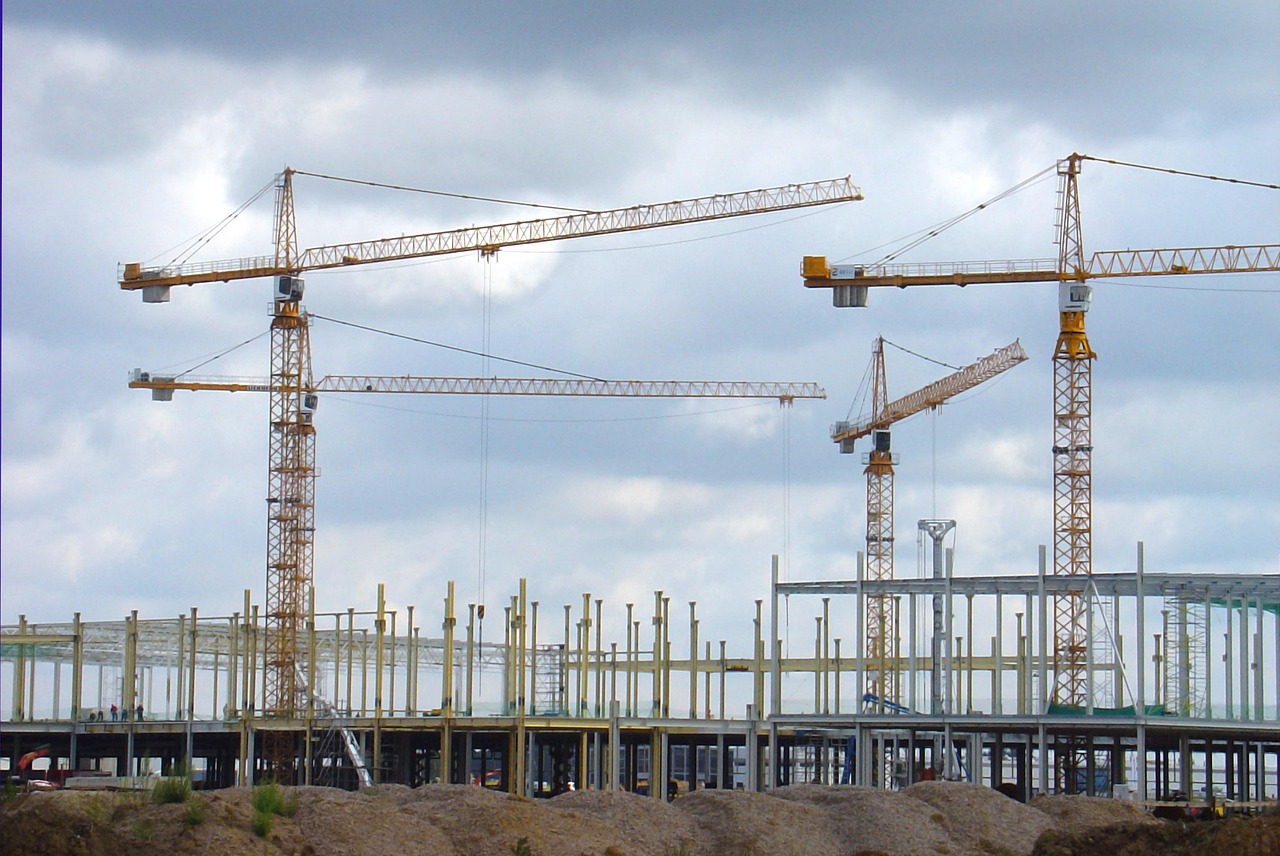Civil and Environmental Engineering profession is concerned with the built environment. Civil engineers plan, design, and construct major facilities, including highways, transit systems, airports, dams, water and wastewater treatment systems, tunnels, energy facilities, harbors, canals, buildings, and bridges. Civil engineers manage our air, water, and energy resources and protect society from natural catastrophes, such as earthquakes, and the hazards society itself generates in the form of toxic wastes.
Because these functions are often crucial to the day-to-day lives of most people and the facilities involved are physically substantial, civil engineers bear an important responsibility to the public. Their role is often more than just technical, requiring also a high degree of communicative skills and an ability to deal with people.
Civil engineers can be found in industry, consulting firms, and government. This is one of the few areas of engineering in which the engineer often deals directly with the public and public agencies in every phase of major infrastructural projects.









